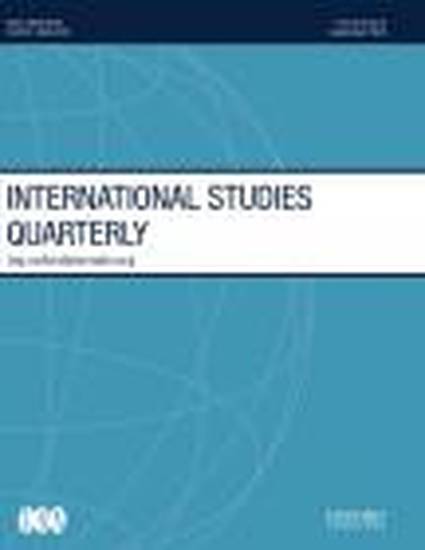
Article
From Melos to Baghdad: Explaining Resistance to Militarized Challenges from More Powerful States
International Studies Quarterly
(2011)
Abstract
Most bargaining models of war suggest that the absence of ex-ante uncertainty about the outcome of fighting should lead to negotiated outcomes rather than military conflict. Nevertheless, relatively weak states still refuse demands from dominant powers in many cases. This paper tests several explanations for this phenomenon. James Fearon’s account of rationalist explanations for war suggests two reasons states might resist militarized demands even if there is little or no chance of military victory. First, the weaker state might not concede if the stronger state’s threat is not credible. Second, guerrilla resistance to enemy occupation might create a commitment problem for the stronger state if it could impose costs that exceed the value of the stronger state’s objectives. Alternative explanations that do not assume the state behaves as a unitary rational actor focus on special features of state preferences, such as the importance attached to political sovereignty and territorial integrity, or on the difficulties state institutions might pose for making the policy changes necessary to concede the more powerful state’s demands. Empirical analyses of MID and ICB data point to the importance of both rationalist claims about threat credibility and alternative arguments about state preferences.
Disciplines
Publication Date
December, 2011
Citation Information
Michael A. Allen and Benjamin O. Fordham. "From Melos to Baghdad: Explaining Resistance to Militarized Challenges from More Powerful States" International Studies Quarterly Vol. 55 Iss. 4 (2011) Available at: http://works.bepress.com/michael_aallen/2/
